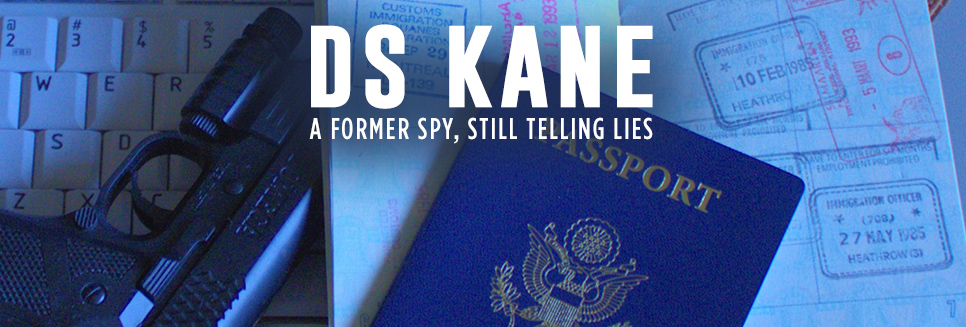The first, the most
important of the Moscow Rules, which is the spy’s basic instruction set, is: Trust
no one. Failure to obey this mantra is the primary reason a spy’s
covers gets blown and often reason for an untimely demise.
One of my friends, who
is one of the original cypherpunks (along with Julian Assange), told me that
organizations which purport to support individual privacy are often fronts for
the intelligence services that want to end individual privacy. Nothing is really
what it appears to be. The historical precedents for this abound. One good
example should suffice: In the early 1920’s, many of the anti-Bolshevik groups
in London were actually sponsored and funded by the Checka’s successor
organization, the OGPU (KGB’s predecessor organization). They encouraged
dissidents to return to Moscow where they would be received as
counter-revolutionary soldiers to fight the Bolsheviks. When they arrived, the
Bolsheviks were waiting, and they arrested, tried and executed the naïve
counter-revolutionaries.
Hackers have claimed
the NSA sponsors many right-to-privacy groups using this time-honored tactic.
Once they know you are “dangerous,” they have all your data and easily can
surveil you, hoping your own contacts will provide a trove of additional
potential dissidents.
I was active in
undercover operations for a decade. I lived my cover, I never told my first
wife, and was happy about the lie of omission when we divorced. If not, she’d
have had a big negotiating chip. Then I remarried. It was nearly twenty years after
my second marriage before I had to tell my second wife, when I had a problem
with my former handler. When I did, at first she didn’t believe me. I guess I’d
done a better job of obfuscation than I’d thought.
Divulging your cover is
the one truth better left unsaid. And now, I’ve disclosed it to the world.
Doing that is the only good alternative from keeping it secret from everyone.
Once again: trust no one.


No comments:
Post a Comment